In 1992, Garth Brooks sent a clear message with “We Shall Be Free.” Brooks has since labeled the lead single off his diamond-certified fourth album The Chase “definitely and easily the most controversial song I have ever done.” The lyrics, which he co-wrote with country singer-songwriter Stephanie Davis, tackle everything from poverty to racism and LGBTQ+ rights. Managing to ascend the charts despite multiple radio stations banning it, Garth Brooks has lauded late half-sister Betsy Smittle as the inspiration behind “We Shall Be Free.” On this day in 2013, Smittle died at age 60 following a two-year battle with ovarian cancer.
Videos by American Songwriter
“A Bada– Female Before There Were Bada– Females”
Garth Brooks wasn’t the only musically inclined member of his family. Born Feb. 3, 1953, Betsy Smittle began guitar lessons with her father as a teenager in Yukon, Oklahoma. Long before her half brother ever topped the charts, Smittle also found work as a musician, performing with artists like Gus Hardin and Ronnie Dunn.
Brooks clearly admired his half sister, referring to her in a 2020 interview with American Songwriter as “a bada– female before there were bada– females.” As a lesbian, she also helped mold the “Friends in Low Places” singer’s own views on LGBTQ+ issues.
In 1990, Smittle joined Brooks’ band as a bass player, touring with him for five years. During that time, she also released an album of her own, 1994’s Rough Around the Edges. Her exuberant playing style earned her the nickname “Hollywood,” and she contributed to some of her brother’s greatest works, including his 1991 debut Ropin’ the Wind and No. 1 albums like In Pieces and The Chase.
“She has a wonderful knack for rhythm, but probably her greatest talent is relating to the audience,” Brooks told Oklahoma Today in 1993.
[RELATED: Garth Brooks Releases His Most Controversial Music Video Alongside Six Other Classics]
How Betsy Smittle Inspired Garth Brooks’ “Most Controversial Song”
A gay rights activist, Betsy Smittle encouraged Garth Brooks to also show vocal support for the LGBTQ+ community. He did just that in “We Shall Be Free,” which he said he was inspired to write after attending the Academy of Country Music Awards in Los Angeles during the 1992 L.A. riots.
In the liner notes from his 1994 compilation album The Hits, Brooks wrote, “All I can say about ‘We Shall Be Free” is that I will stand by every line of this song as long as I live.”
Featured image by Margaret Norton/NBCU Photo Bank/NBCUniversal via Getty Images via Getty Image

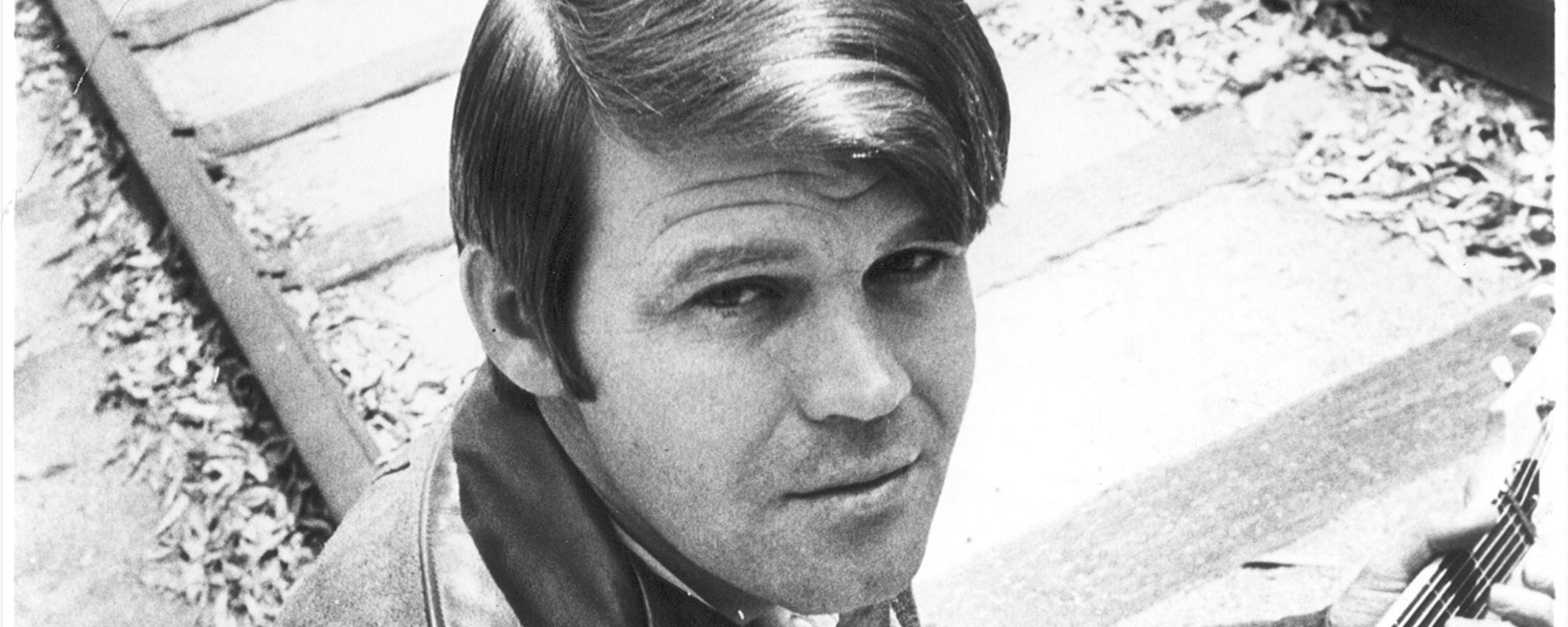




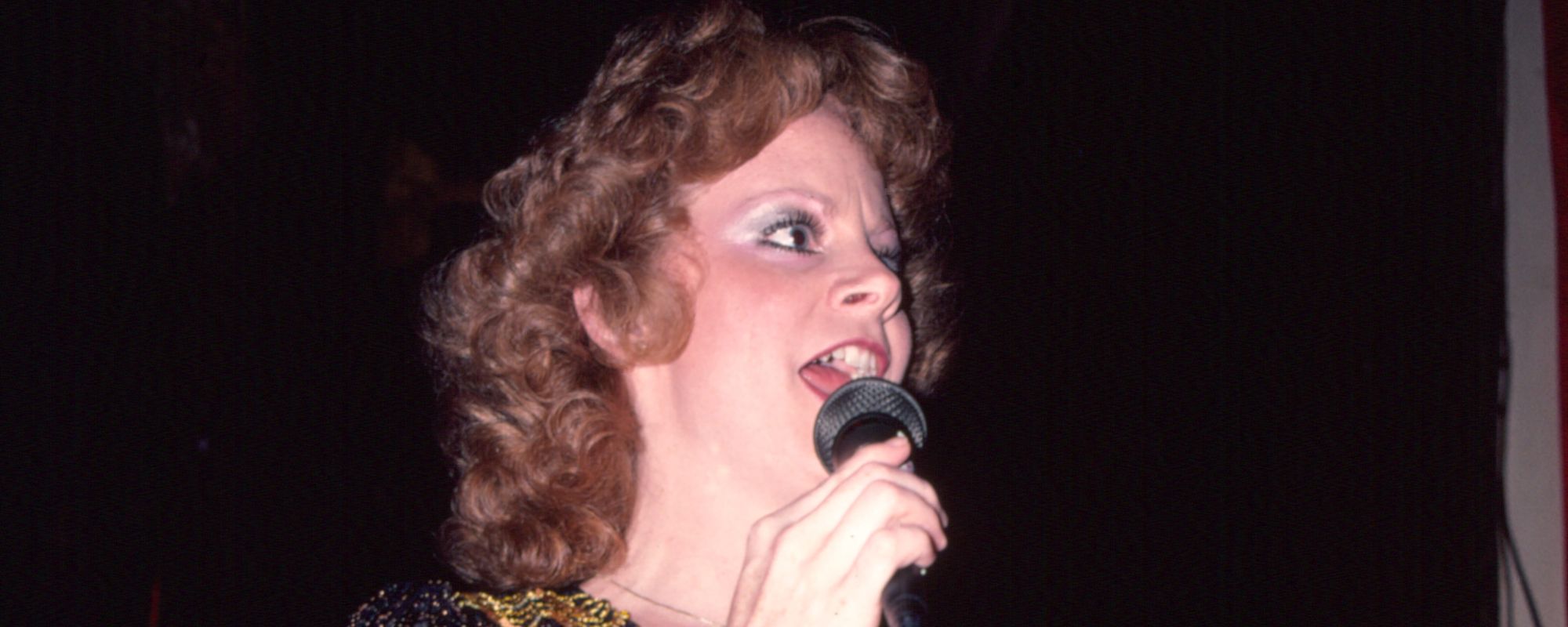
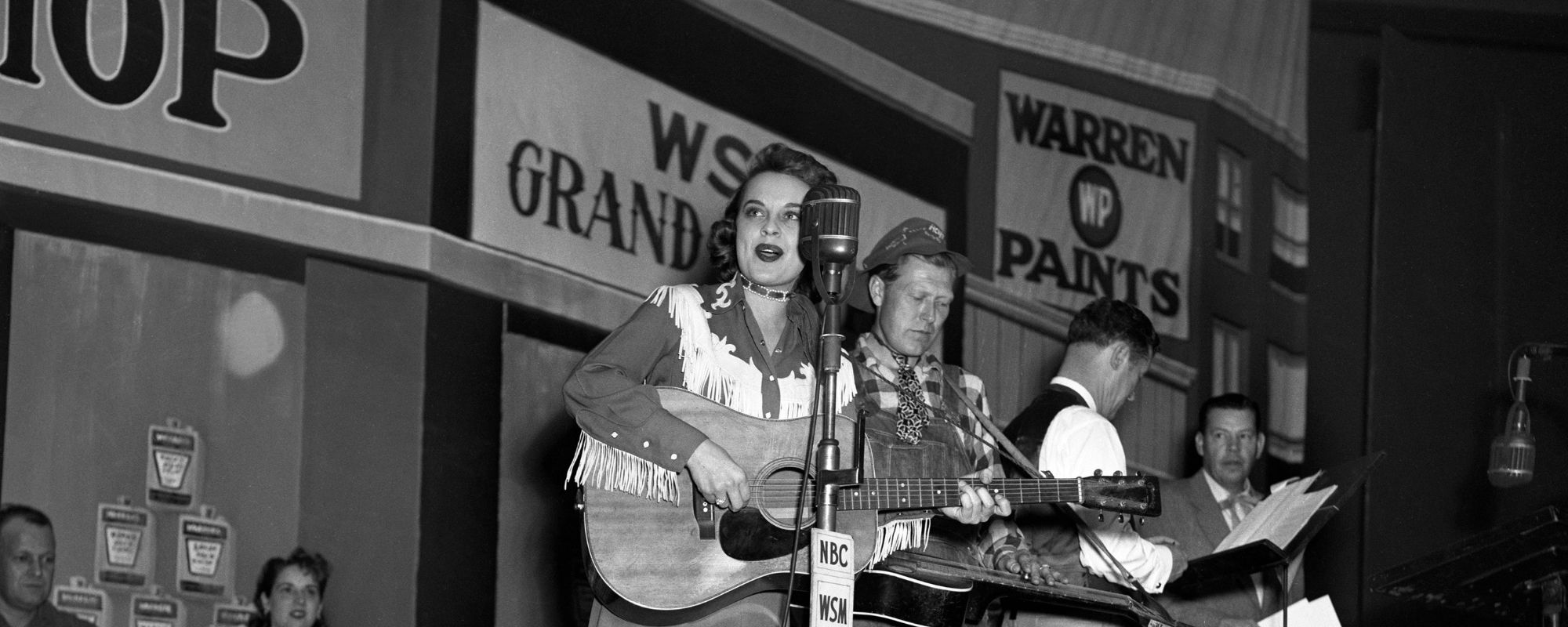
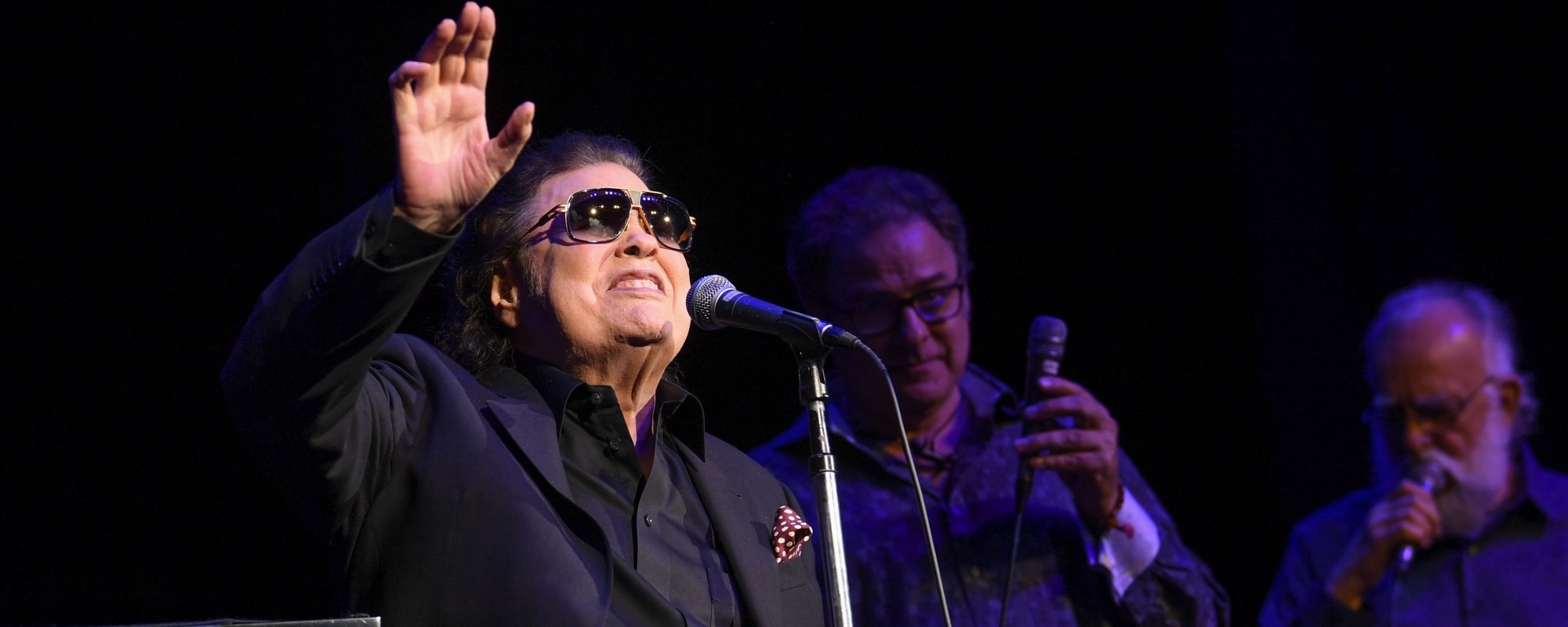
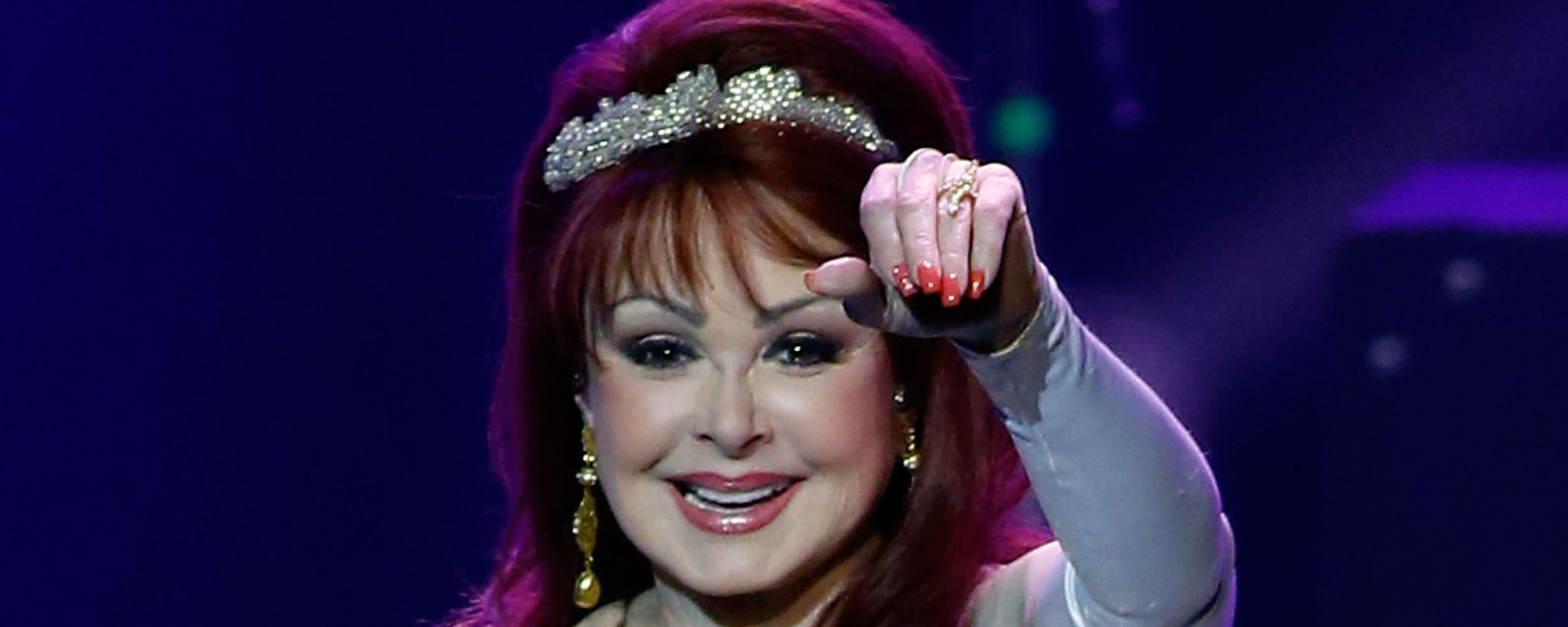
Leave a Reply
Only members can comment. Become a member. Already a member? Log in.